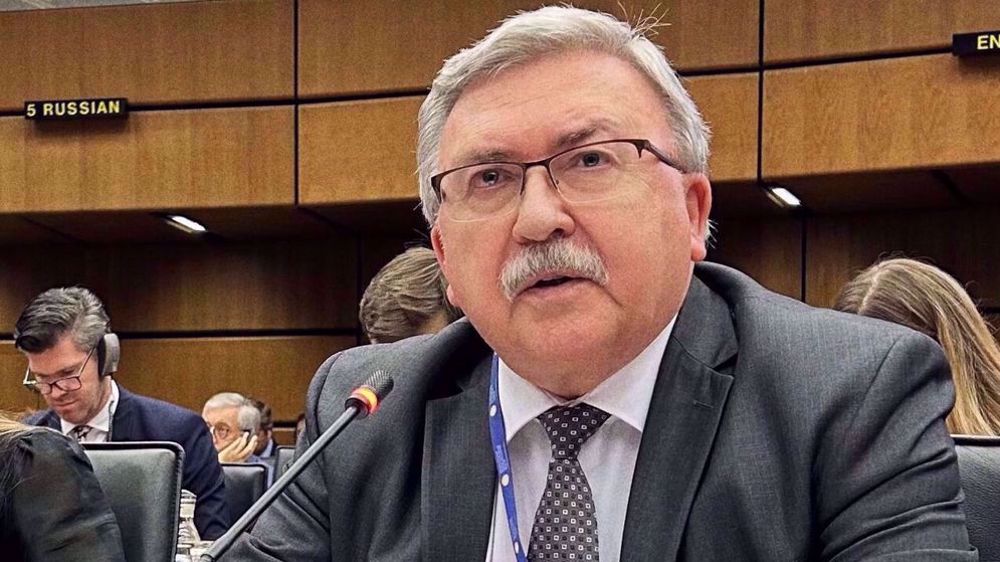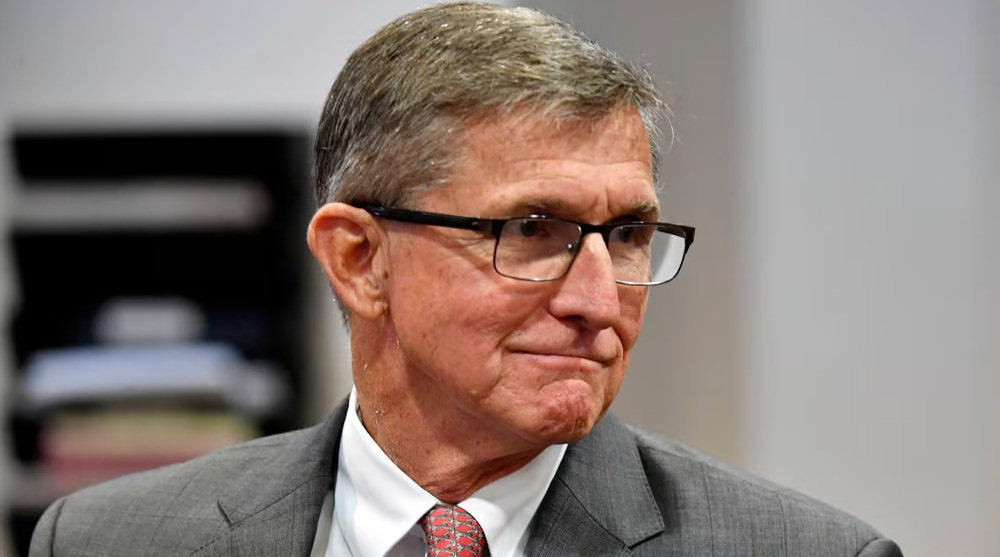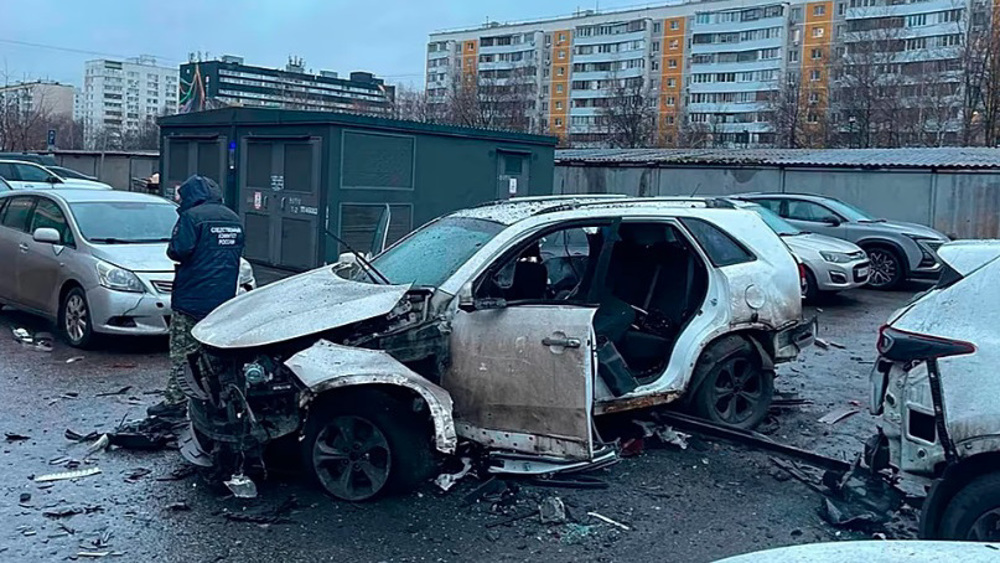Russia warns West, Europe over Azov Sea issue
Russia has warned the West against escalating tensions in the Sea of Azov that borders Russia and Ukraine through imposing new sanctions on Moscow.
The Sea of Azov is a strategic ocean route linked to the Black Sea by the narrow Strait of Kerch where Russia has built a bridge to link the Crimean Peninsula with the mainland.
Tensions escalated earlier this year after Ukraine detained two Russian ships for port calls on Crimea, which rejoined Russia in a 2014 referendum.
Moscow described the move as "maritime terrorism" and increased patrols off its Azov coast to guarantee free navigation by Russian ships.
On Friday, Russia's Foreign Minister Sergei Lavrov defended the move as well as Russian inspections of ships.
Speaking during a joint press conference with his Italian counterpart Enzo Moavero Milanesi in Rome, Lavrov said Western countries are seeking to use the situation around the Sea of Azov as another pretext to sanction Russia.
"Our European colleagues who are now worried about a somewhat fabricated issue didn't voice any concerns when the Ukrainian side acted illegally by seizing Russian vessels, keeping their crews under arrest and planning to auction off those vessels," he said.
"That's why I see no explanations other than an attempt to invent yet another pretext for putting pressure on the Russian Federation,” Lavrov said.
The top Russian diplomat stressed that Moscow was forced to expand its military presence in the Kerch Strait due to threats coming from Ukraine to blow up the Crimean Bridge.

Russia not to 'beg' West to lift sanctions
Lavrov said the Kremlin was not going to “beg” European countries to lift sanctions on Moscow and that his country considered the sanctions "a completely politicized decision."
Russian Deputy Foreign Minister Grigory Karasin said the controversy around the Sea of Azov had been “deliberately” created by Kiev and its Western backers to exert pressure on Moscow.
"This was expected as the Crimea issue is no longer perceived as a hot topic and an instrument of applying pressure on Russia; so they simply need to find brilliant fresh topics," Karasin told Russia's Kommersant newspaper.
"In fact, the situation in this region is not particularly interesting for our so-called Western partners. What's really important for them is to find a new pretext for attacking Russia and for tightening anti-Russian sanctions," he added.
Karasin also denounced “blatant lies” about detentions of foreign vessels by Russia in the Sea of Azov, allegedly lasting for multiple days.

Russian general warns of 'big war'
Retired Ukrainian lieutenant-general Igor Romanenko said the alleged blocking of ships in the Sea of Azov could prompt the West to impose further sanctions on Russia and lead to devastating consequences.
He said a "large-scale war" was possible if Moscow continued to "aggravate the situation" in the Sea of Azov by conducting what he called invasive inspections and seizing fishing ships.
Romanenko said Ukraine would not "sit idle" and would "defend their positions" if necessary.
The general, however, said Kiev should be wary about resorting to military action because Russia has a superior army and “we will not be able to answer.”
The tense situation in the Sea of Azov comes amid the backdrop of a long-running armed conflict between Kiev troops and pro-Russia forces in eastern Ukraine.

The armed conflict erupted following the overthrow of pro-Russian president Viktor Yanukovych in February 2014, and intensified after people in Crimea voted for reunification with the Russian Federation in a referendum in March 2014.
The West brands the reunification as annexation of the territory by Russia but Moscow denies any involvement in the conflict.
Armed confrontation between the pro-Russia forces and the Ukrainian military has killed more than 10,000 people, according to the United Nations.
Belgium files to intervene in South Africa’s ICJ genocide case against Israel
Netanyahu appears in court for 65th time in ongoing corruption trial
Iran's government submits $111bn budget bill for year 1405
1.6 million Palestinians face acute food insecurity in Gaza: UNRWA
VIDEO | Free the Palestine hunger strikers in British jails ft. Calla Walsh
VIDEO | Press TV's news headlines
Iranian missile pierced window of Israeli intel chief's office in June, says senior general
VIDEO | Paper state politics










 This makes it easy to access the Press TV website
This makes it easy to access the Press TV website